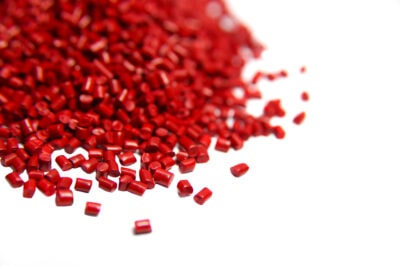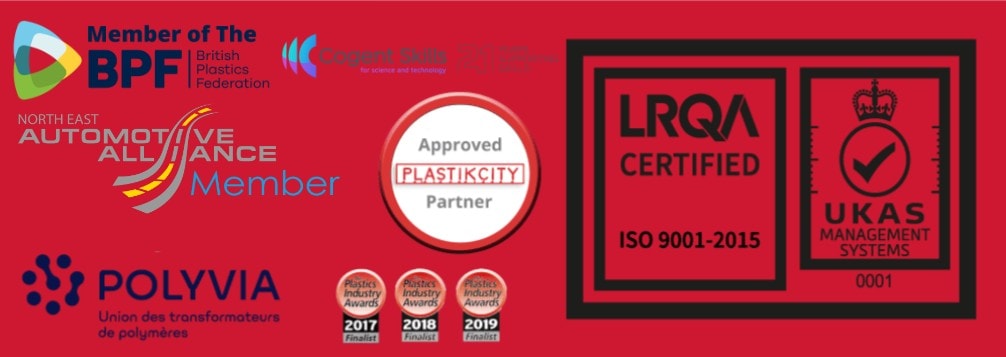In polymer technology, the blend of Polycarbonate (PC) and Acrylonitrile Butadiene Styrene (ABS) – commonly known as PC/ABS – has earned notable acclaim for its unique attributes, including its density. These properties make it a favoured choice in various sectors. This article delves deep into the intricacies of PC/ABS material density and its other essential characteristics.
Article Contents
PC/ABS: A Unique Blend of Polymers
Before probing the density of PC/ABS, it’s crucial to understand the nature of PC/ABS material. It’s a thermoplastic blend that marries the beneficial properties of both PC and ABS. PC lends heat resistance, strength, and rigidity. At the same time, ABS offers toughness, ease of processing, and resistance to impact, even at low temperatures.
Examining the Density of PC/ABS Material
Density, defined as mass per unit volume, is a vital physical characteristic of any material, including PC/ABS. It plays a significant role in determining the material’s performance and suitability for specific uses.
The density of PC/ABS generally falls between 1.04 to 1.20 g/cm³, depending on the particular blend and the presence of any fillers or reinforcements such as glass fibres. Despite its relatively high density compared to other plastics, PC/ABS is lighter than most metals. This is one reason it’s extensively used in sectors where weight is critical, such as automotive and consumer electronics.
Key Properties of PC/ABS Beyond Density
Beyond density, PC/ABS showcases several other crucial properties that make it an attractive material for a variety of applications:
1. Impact Resistance: PC/ABS shows remarkable resistance to impact thanks to the ABS component. It can endure significant stress without breaking, making it perfect for products needing durability.
2. Thermal Stability: PC imparts excellent heat resistance to PC/ABS. It can withstand higher temperatures than ABS alone, making it suitable for applications requiring thermal stability.
3. Dimensional Stability: PC/ABS preserves its size and shape under various temperature and humidity conditions, making it a reliable choice for precision parts across industries.
4. Ease of Processing: ABS contributes good processability to the blend, meaning PC/ABS can be easily shaped using standard processing techniques.
Applications of PC/ABS
Manufacturers employ PC/ABS in various applications due to its unique properties. Typical uses include automotive parts, electronics housings, and medical devices. Its high density and other features make it suitable for crafting robust, long-lasting products that withstand significant wear and tear.
To conclude, PC/ABS material, with its distinct density and other key features like impact resistance, thermal stability, and processing ease, holds a prominent place in various sectors. By understanding these properties, engineers and designers can leverage the full potential of this versatile thermoplastic blend.
To learn more about the types of PC/ABS thermoplastics we offer and how they can benefit your business, call us on +44 (0) 191 378 3737 or visit our contact page today.




